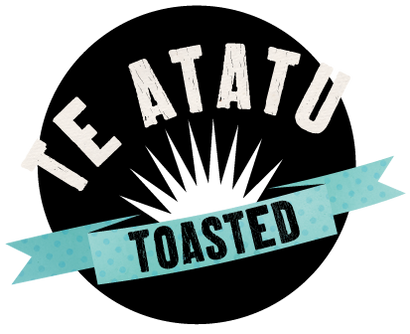Your Cart is Empty

How to save money on food
February 07, 2023
Food prices were 10.7 percent higher in November 2022 compared with November 2021, according to Stats New Zealand.
Kiwis are seeing price increases across all food categories - grocery food prices increased by 10 per cent, fruit and vegetables increased by a whopping 20 per cent and meat, poultry and fish prices increased by 12 per cent.
Restaurant meals and ready-to-eat food prices increased by eight per cent.
It’s the highest annual food price increase recorded since September 2008, and it comes at the same time that we are facing higher interest rates and increases in other household expenses.
Combined with the extra costs of Christmas and the summer holiday period, it’s no wonder our bank accounts are looking decidedly unhealthy.
But the good news is that food is one area where you can save some money by making a few small changes. Here are our tips for spending less at the supermarket:
- Have a budget for food and stick to it
- Plan meals ahead and shop with a list once a week so you only buy what you need. Buying something on special doesn’t save you money if you end up throwing it out!
- Stick with what’s in season – when you are meal planning and shopping, look at fruit and vegetables that are arriving fresh from local growers. Avoid paying high prices for food that’s imported or out of season – not only does it cost more, it also won’t taste as fresh.
- Reduce food waste - New Zealand households throw away 157,000 tonnes of food a year. That is equivalent to 271 jumbo jets of food that doesn’t get eaten. Planning meals is a good start. But we can also look at using more of the food we buy. There are plenty of vegetables, such as carrots, that can be eaten with the skin on. There are also lots of vegetables like broccoli and cauliflower that you can use from tip to stalk. Broccoli stalks are great in a stir-fry or curry.
- Look at buying food on subscription – meal plans such as Hello Fresh or My Food Bag could save money in the long run as you are only paying for what you need. Te Atatu Toasted flexible monthly subscriptions save you up to 25 per cent on the cost of a healthy breakfast! They also reduce the waste as you avoid having open cereal bags that go stale and often end up being thrown out.
- Use your freezer wisely – it’s more cost effective to make big batches of pasta sauce and curries and freeze in meal-sized portions. Also freeze leftovers if you know you are not going to eat them in the next day or so – otherwise they just get chucked out. Or if your supermarket is offering cheap deals on a particular cut of meat, stock up and freeze some to use later.
- Consider a few meatless meals each week – not only will you save money, you will also be helping the environment. Look for recipes that use cheaper alternatives such as lentils, canned beans, chickpeas or canned fish.
- Watch portion sizes – if you make a meal intending to have leftovers for lunch the next day, put that aside before you serve. That means you or your family won’t eat two meals’ worth of food in one go.
- Look at how you are storing food to ensure it lasts longer.
- Bread should be kept in the fridge or freezer to stop it going mouldy
- Put a selection of fruit in the fruit bowl and keep the rest in the fridge to keep it fresher longer. This works well for many fruits including apples, citrus fruit and ripe feijoas, kiwifruit and stone fruit
- Keep potatoes and onions in a cool, dark area but don’t store them together. They both release moisture which makes them sprout faster.
- Keep tomatoes at room temperature
- Wrap pumpkin in cling film and store int the fridge
- Consider investing in containers that help keep produce fresher longer – check out Sistema Freshworks range or the Décor Tellfresh range available at Spotlight.
By focusing on reducing your food bill, you can lessen the financial stress for your family.
